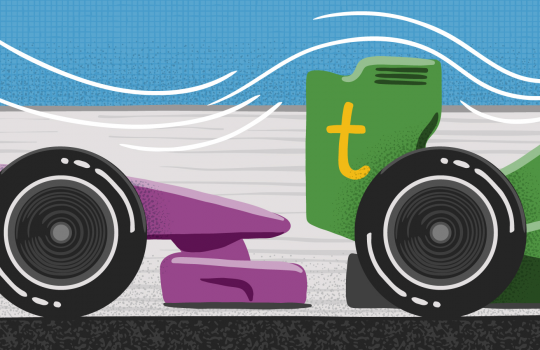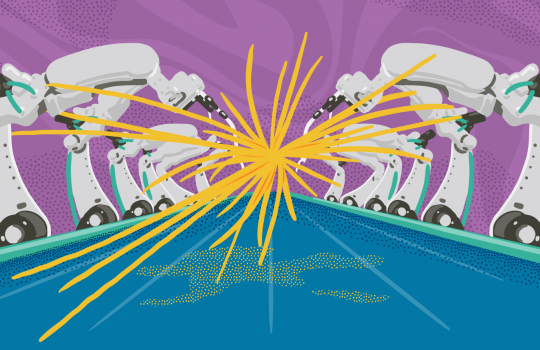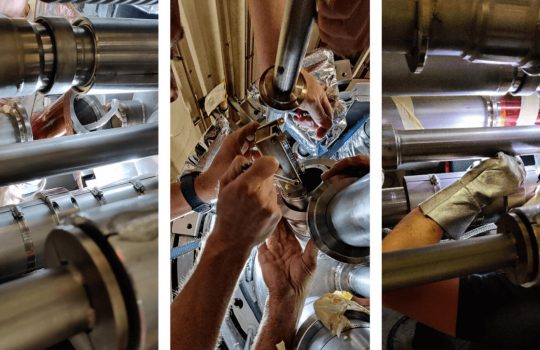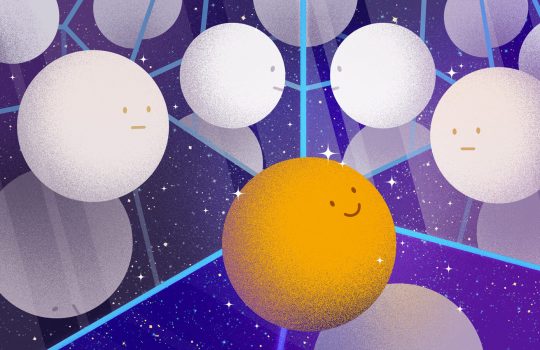The final magnet for the High-Luminosity upgrade of the Large Hadron Collider leaves Berkeley Lab
Berkeley Lab, February 10, 2026
The final superconducting magnet built in the U.S. for the high-luminosity upgrade to the LHC has left Berkeley Lab on its way to CERN for the first stage of its journey. The magnets are the result of over twenty years of dedicated R&D with contributions from Fermilab.






